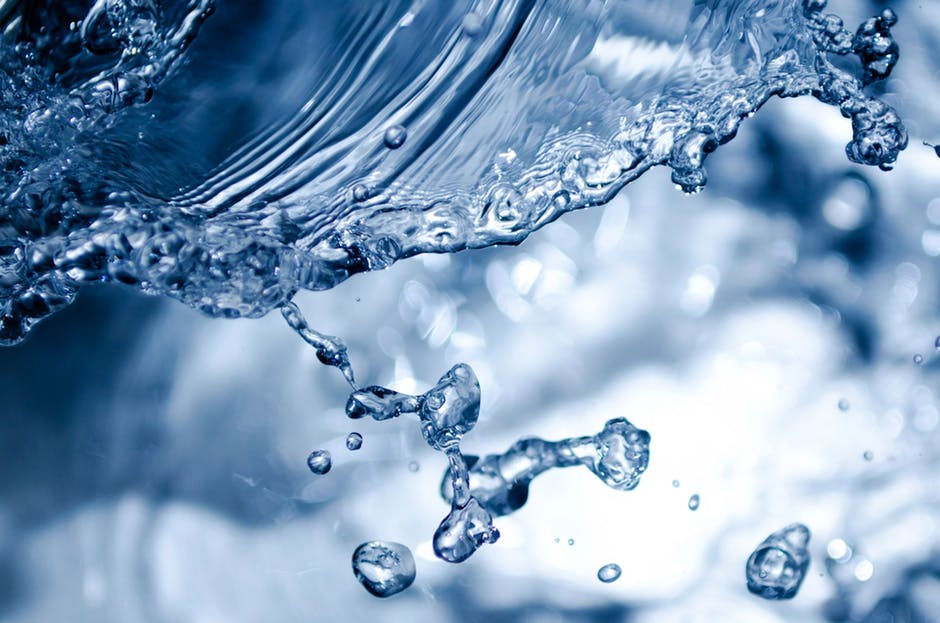
If you’ve ever worked out with a hangover, you know that the impact of alcohol extends well beyond your wild night out. There’s a reason you don’t have the same strength or endurance when you work out after a binger, but did you know the full effects of alcohol can lessen your fitness on a larger scale?
Here’s how alcohol is decreasing your fitness:
- Alcohol is a diuretic. In other words, alcohol leads to dehydration which is detrimental to your fitness. If you exercise after drinking (even the morning after), you’ll also be losing hydration because of sweat. Hydration is essential to move nutrients and blood around the body as you work out. According to an expert in sports performance, Professor Greg Whyte, “Dehydration leads to reduced performance.” Hydration is how your body regulates temperature, which is especially important during workouts.
- Alcohol lessens your glucose production. The body digests alcohol differently than other beverages or foods. When alcohol enters the body, your liver can’t produce its normal amount of glucose, and this leads to low blood sugar. However, exercise demands a lot of sugar for energy. If you’re lacking glucose because of alcohol consumption, your body will use fat to burn energy. It works, but at the expense of your dexterity, coordination, reactions, and concentration.
- A hangover comes with side effects of dehydration, hypersensitivity to all stimuli (not just light), and headaches. Regardless of the cause of these symptoms, nobody is going to be at their peak performance under these conditions. According to Matt Lovall, elite sports nutritionist, working out with a hangover means a comprehensively lower quality workout. Hangovers mean less power, the inability to make fast decisions, and fatigue. Your liver is working overtime to expel the toxins from alcohol, and that’s all it can focus on.
- Calorie bombs. In the long-term, alcohol is high in calories and averages about seven per gram. Weight reduction or maintenance requires the consideration of calories in and calories out. Why drink empty calories when reduction’s your goal? Alcohol can also decrease the number of calories you can burn in a workout. Your body wants to get rid of alcohol first, and that puts nutrition absorption on the back burner.
- Bad on the heart. Drinking has been linked to strange heart rhythms. Drinking in itself causes the heart rate to increase, and if you drink a lot you’re putting stress on the heart. Drinking has been linked to liver disease, cancer, and heart disease, which makes it a big risk to take for a few hours of fun. Both binge drinking and regular, consistent drinking can lead to dangerous long-term effects. Both are equally harmful but in different ways. For example, binge drinkers are at a higher risk of alcohol poisoning, but liver failure is more often connected to long-term drinking.
There can be a thin line between moderate drinking and alcohol abuse. Do you think you have issues with alcohol? Consider seeking help today.

